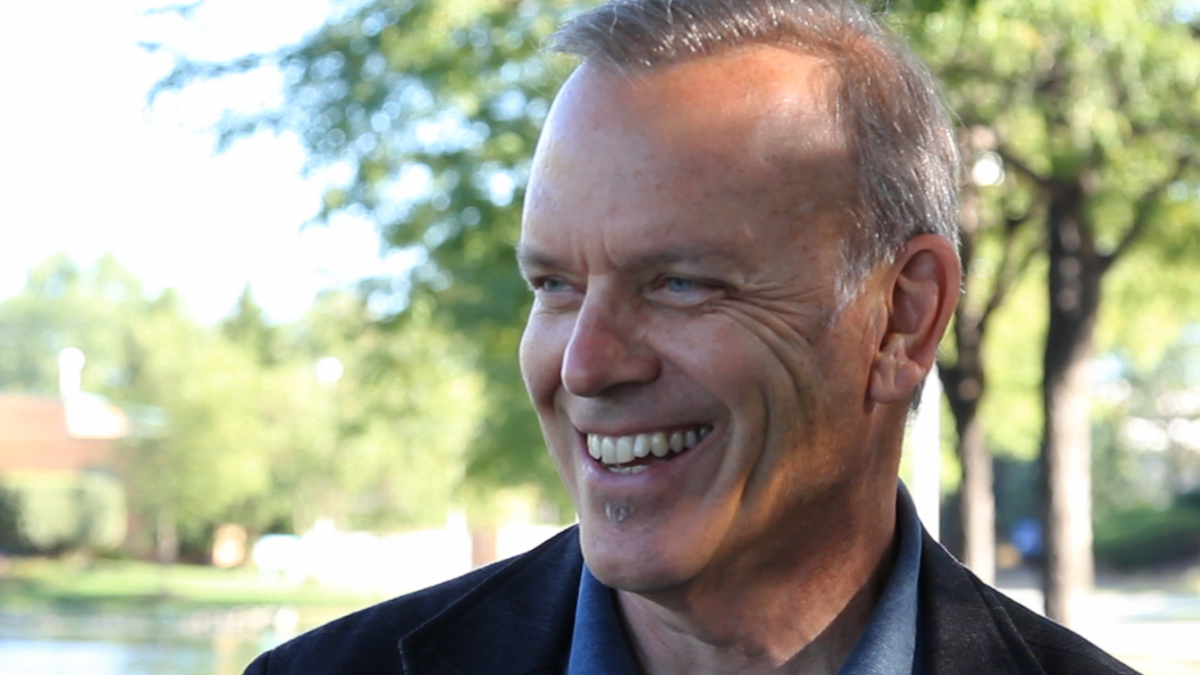
The first time I heard about David Fitch was at the Inhabit Conference a few years back. I was talking to a couple of friends in the main lobby of the Seattle School of Theology & Psychology, the seminary where the conference was being held. Suddenly, they cut off the conversation. “Gotta run,” one of them said. “We don’t want to miss Fitch.”
“Fitch,” it turned out, was David Fitch. Through the speakers in the lobby, they had just heard him introduced upstairs as the next keynote speaker.
In addition to his position as the B.R. Linder Professor of Evangelical Theology at Northern Seminary, David Fitch has pastored and participated in many church plants. He is the author or coauthor of three essential books on evangelicalism and the missional church; a fourth book, Faithful Presence: Seven Disciplines that Shape the Church for Mission, will be released by InterVarsity Press in late 2016.
The second time I encountered the work of David Fitch I was at the legendary Powell’s bookstore in Portland. It was there I stumbled across a used copy of a book called The Great Giveaway. The author, of course, was David Fitch. What I noticed right away is that this book had a lot of writing in the margins. Whoever had owned this book before drew a lightning bolt in the margin every time “Fitch” said something he or she loved. Here are just a few examples:
“[W]hereas traditionally evangelicals have sent evangelists out from the church with the message of the gospel, [evangelism in postmodernity] requires the church itself to become the message.” [Lightning]
“The postmodern is convinced of truth through participation, not consumer appeals; through wholly lived display, not merely by well-reasoned arguments.” [Lightning]
“We have privatized the relationship with Jesus so as to make him into a gnosticized faith that seems isolated from everyday life.” [Lightning]
This one had a lightning bolt and a star: “The basis for a compelling Christian account of salvation in postmodernity is a changed life among a living community of Christ.”
I bought the book, obviously.
David Fitch’s work has been hugely influential for us as we have explored the limits and possibilities of Slow Church on several fronts. In this post, I want to focus on just one.
Early in The Great Giveaway, Fitch asks several poignant questions about how evangelicals define success. He suggests that evangelicals’ attraction to large numbers flows from our individualism and our “business-oriented” forms of organization. Decisions for Christ—asking Jesus to be our “personal Lord and savior”—are considered to be “the signposts of salvation.” If this is the primary metric by which we measure how God is working in our congregations, then it makes sense (given our corporatized culture) that we would organize our churches around the production of decisions.
But if size and numbers and things you can count aren’t the definitions of success, what is? Faithfulness.
Fitch writes, “When evaluating a church, let us go beyond asking questions about the quality of preaching, the worship services, the convenience and usability of children’s care services, and the accessibility of restrooms. Let us ask questions in our surveys like this:
- When was the last time someone spoke a hard truth into your life? Was it done with love?
- When was the last time you confessed sin to someone you felt safe with in this community?
- When was the last time you prayed with someone over an issue of needs or discernment in this body?
- When was the last time someone in this body visited you in the hospital or brought over a meal when you were sick?
- When was the last time a homeless person was brought into this congregation and made whole?”
He says later, “Let us then turn from only measuring church attendance to measuring the life being lived in Christ.”
I’m so glad the work of David Fitch came into my life. His writing continues to challenge, unsettle, and inspire me.
Question: What are some other “metrics” of church health that don’t show up easily on a spreadsheet or denominational survey?
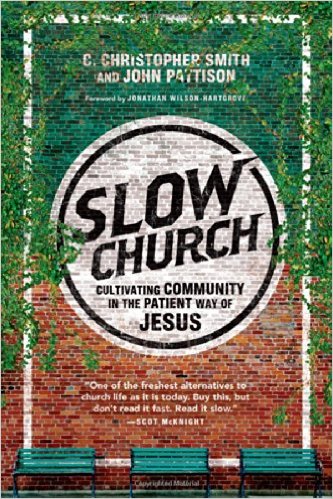

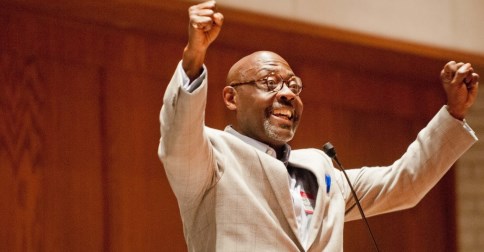
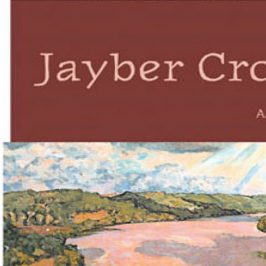
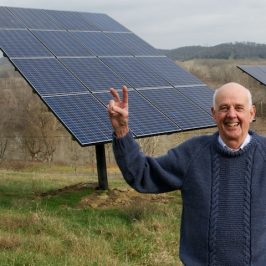

![Book Giveaway – Reading For the Common Good [3 copies]](https://slowchurch.com/wp-content/uploads/2017/05/RFTCG-Cover-Banner.jpg)

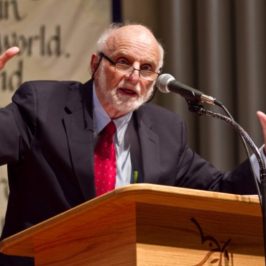
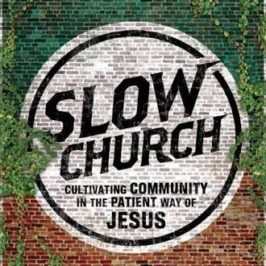
One Response
Tim Hewitt
As someone who has previously gauged church success by many of the evangelical criteria that Fitch calls out, I am grateful that I have awakened to a new way of going about following Jesus. I am still learning, but want to be found faithful and take the great news of Jesus into everyday life and share life with those around me in meaningful ways. Please pray that I continue to learn from my the Lord and helpful works like “Slow Church”. I appreciate your ministry!
Tim Hewitt
Fort Worth, Texas